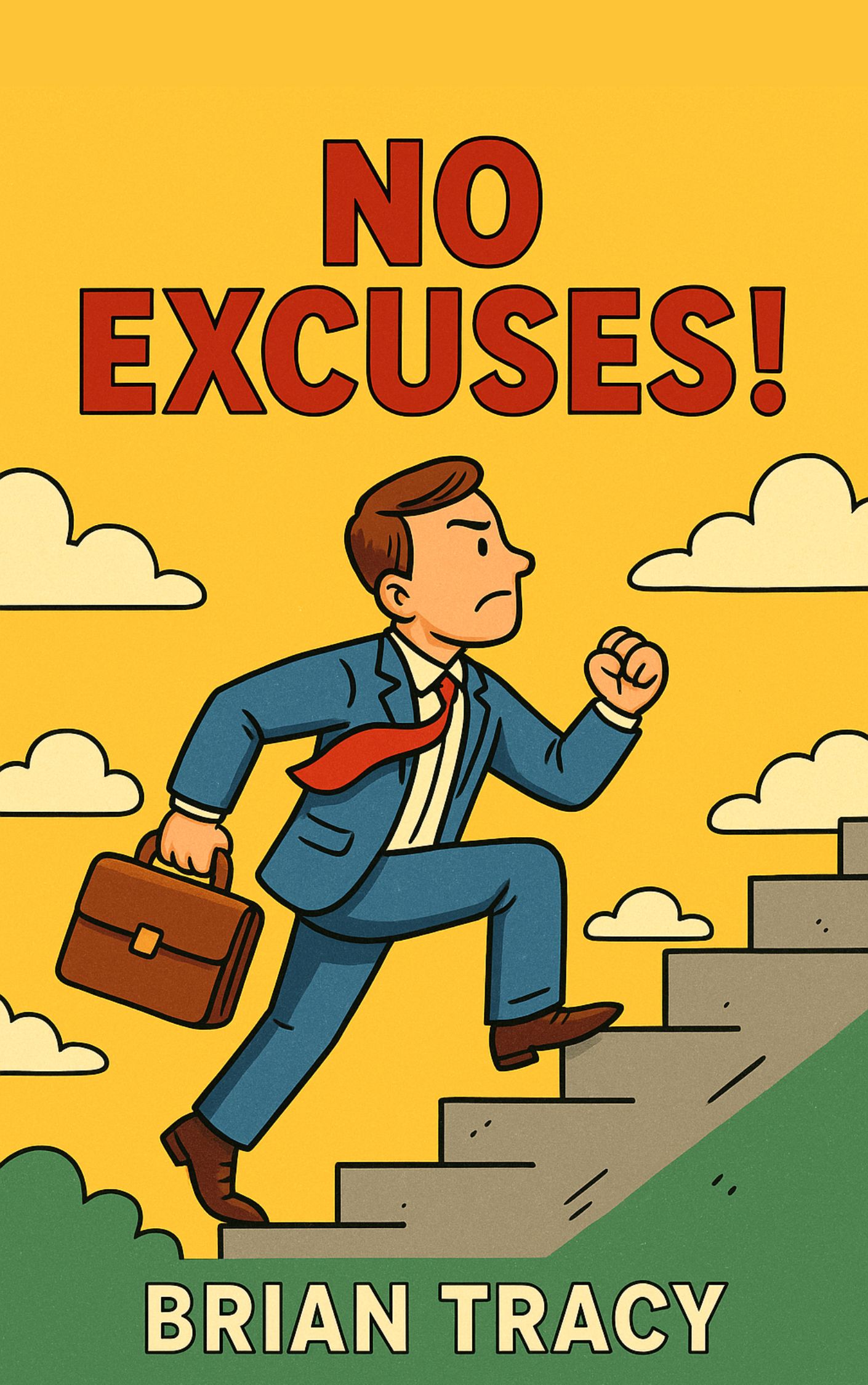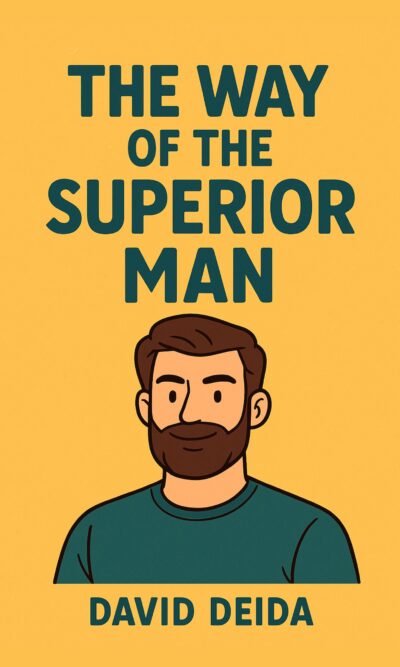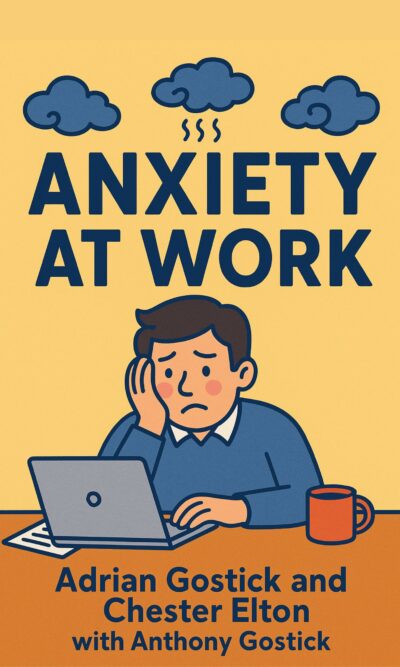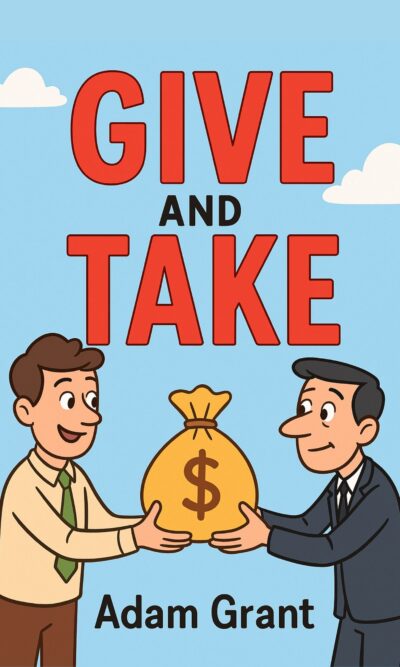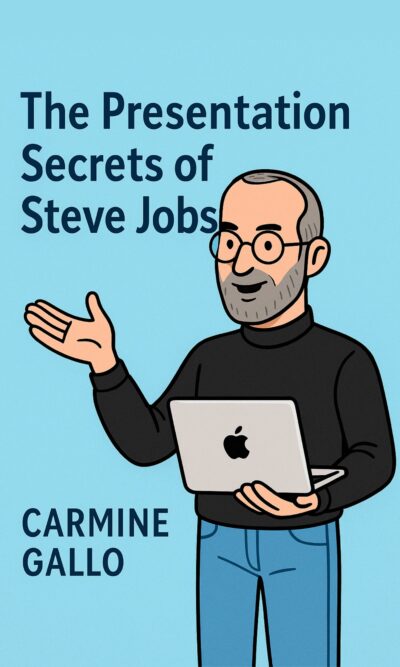Description
Most people dream of living a better life. We want financial security, meaningful relationships, good health, and the freedom to enjoy life on our own terms. Deep down, we already know what needs to be done to achieve these things. Yet, excuses, fears, and procrastination often stand in the way. The truth is, excuses keep us stuck, while self-discipline sets us free.
Self-discipline is the key that opens the door to success in every area of life. It allows us to control our thoughts, direct our actions, and shape our future. Without it, even the best intentions fade away. With it, ordinary people can achieve extraordinary results.
One of the first lessons of self-discipline is taking full responsibility for your life. It is tempting to blame circumstances, your past, or other people. But excuses solve nothing. Real change begins when you accept that your future is shaped by your own choices. Many successful people started from humble or even difficult beginnings, but by taking responsibility, they built new lives. The moment you stop blaming others, you reclaim your power to change.
A practical tool for progress is writing down your goals. It’s not enough to think about them; they must be put on paper. Writing makes them clear, sharp, and real. From there, you can use a simple method to stay on track: decide exactly what you want, set a deadline, list all the actions needed, prioritize the most important steps, and take action every single day. Even small, consistent steps move you forward.
Fears are another common barrier. Fear of failure, fear of rejection, or fear of loss often paralyze us. Yet fear is not permanent—it’s learned, and it can be unlearned. One technique to overcome it is to imagine the worst possible outcome and then prepare for it. Once you see that you can survive the worst, the fear loses its power. For example, if you fear losing money, consider how you would recover. You could always earn more. When you face fears directly, they shrink instead of grow.
Discipline is just as essential in work. If you’re employed, do your job with excellence. Take on responsibility, show initiative, and focus on results. Effort and reliability are noticed, and they open doors to new opportunities. If you’re self-employed or running a business, discipline is even more crucial. Long hours, constant learning, and steady improvement are part of the path. A useful rule here is Continuous and Never-Ending Improvement: always look for ways to make your work, your skills, and your service better.
Financial freedom is another result of discipline. It rarely comes from luck—it comes from habits. Saving even 1 percent of your income is a starting point. Over time, increase the percentage as you learn to live on less than you earn. This habit builds stability, reduces stress, and eventually grows into independence. Alongside saving, discipline yourself to avoid procrastination. A simple method is to rank your tasks daily: A tasks are essential, B are important but not critical, C are nice but optional, D can be delegated, and E should be eliminated. By focusing on your “A” tasks first, you double your productivity and move faster toward your goals.
Self-discipline is not only about money and work; it also shapes health. Good health is the foundation for a long, productive, and happy life. By avoiding harmful habits and choosing better ones, you create energy for everything else. A simple start is to reduce or eliminate sugar, salt, and white flour from your diet. Combined with regular exercise—even walking or light running—these choices add years to your life and vitality to your days. It’s never too late to begin. Many people who thought they were too old to change have found new strength and confidence simply by adopting healthier habits.
Relationships also benefit from discipline. Time is one of the most precious gifts you can give to your loved ones, yet many people regret not spending enough of it with family. Discipline means choosing to cut back on distractions and making space for what matters most. It may require sacrificing certain hobbies or habits, but the reward is stronger bonds and greater happiness.
Forgiveness is another form of discipline in relationships. Carrying resentment is heavy, and it blocks happiness. Whether toward parents, friends, or past partners, holding on to anger or blame prevents peace. Forgiveness does not mean forgetting or excusing bad behavior—it means freeing yourself from the chains of the past. By practicing forgiveness, you create space for joy, growth, and new beginnings.
Ultimately, self-discipline touches every corner of life. It’s the unseen force behind personal success, financial independence, health, relationships, and happiness. It’s the habit of doing what needs to be done, even when you don’t feel like it. Excuses offer comfort in the short term, but discipline offers freedom in the long term.
Every step you take in practicing discipline builds strength. Each time you follow through on a promise to yourself, you become more confident. Each time you resist the temptation to give up, you grow stronger. Small, daily victories turn into lifelong success.
The message is simple: don’t wait for the right time, don’t rely on excuses, and don’t expect shortcuts. Decide what you want, take responsibility, and discipline yourself to do the work. Progress may be slow at first, but with consistency, you will look back and see how far you’ve come.
Self-discipline is not a punishment—it is the path to freedom. It allows you to choose your future, shape your destiny, and live with purpose. Excuses may seem easier in the moment, but they cost you opportunities, happiness, and peace of mind. Discipline, on the other hand, gives you control, respect, and fulfillment.
So the challenge is clear: start today. Write down one goal. Take one action toward it. Face one fear. Forgive one person. Skip one unhealthy choice. These simple acts build momentum, and momentum becomes transformation.
Life is too short to live on excuses. Discipline may demand effort, but the rewards are priceless: a stronger you, a better future, and the freedom to truly enjoy the life you’ve built.

